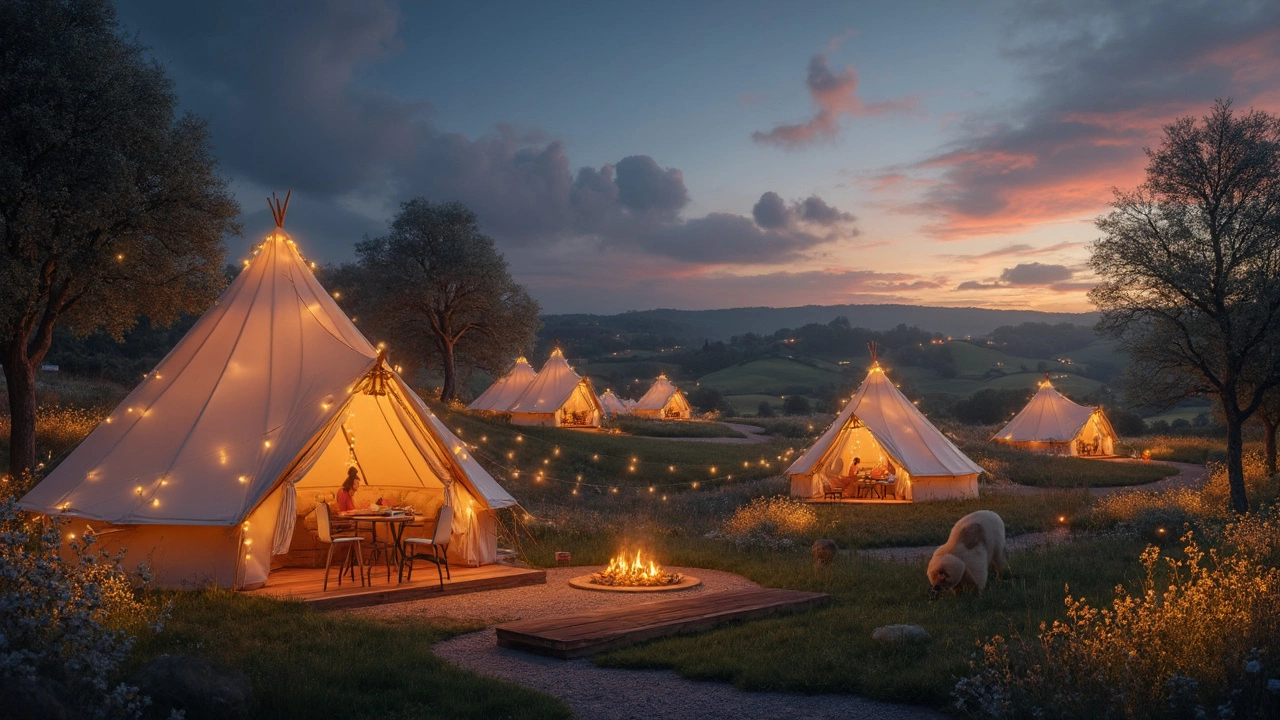Business Advice for Motorhome Hire & RV Ownership
If you’re thinking about turning a motorhome into a profit machine or just want to keep your road‑trip costs low, you’ve landed in the right place. Below you’ll find straight‑forward tips on hiring versus buying, cutting expenses and avoiding common money traps.
Hiring vs Buying a Motorhome
When you compare hiring a motorhome to buying one, the first question is "what will I use it for?" If you only need a vehicle a few times a year, hiring usually beats a big upfront payment. Rental companies take care of insurance, regular service and any unexpected breakdowns. That means you can focus on the road, not the paperwork.
Buying looks tempting if you plan to travel often. The initial price can be steep, but you own an asset that could be sold later. Just remember the hidden costs: fuel, annual MOT, parking permits, storage, and maintenance. Our guide on Top Mistakes to Avoid When Buying an RV warns against jumping in without a budget. A good rule of thumb is to keep total yearly ownership costs under 10 % of the vehicle’s purchase price.
For many, a hybrid approach works. Purchase a smaller campervan for everyday trips and rent a larger motorhome when the family gathers. This way you stay flexible without over‑paying for space you rarely use.
Managing Costs and Budget
Every motorhome adventure has a price tag, but you can shrink it with a few smart moves. Start by comparing campsite fees to hotel rates. Our article Are Campsites Really Cheaper Than Hotels? shows that campsites can be cheaper, but only when you plan ahead and avoid premium spots during peak season.
Electricity is another hidden expense. Understanding how campsites power your rig helps you avoid surprise bills. Plug in only when you need it, use a solar charger for small devices, and turn off the heater when you’re out of the campsite.
Fuel consumption varies by vehicle size. Pulling a camper behind a car often uses less fuel than driving a full‑size motorhome, but you’ll need a suitable tow vehicle and a trailer brake system. Our comparison of pulling a camper vs driving an RV breaks down the maths so you can see which option saves more money on a typical UK road trip.
Don’t forget insurance. A comprehensive RV policy can cost more than a standard car policy, but it covers valuable equipment and personal belongings. Shop around and ask for a business discount if you plan to rent out the motorhome when you’re not using it.
Lastly, track every expense in a simple spreadsheet. List rental income, fuel, campsite fees, maintenance and unexpected repairs. When you see the totals, you’ll know if your motorhome business is profitable or if you need to tweak your strategy.
Use these tips as a starting point, then dive into the detailed posts on our site for deeper insight. Whether you decide to hire, buy, or both, a clear budget and realistic expectations will keep your motorhome journey rewarding and financially sound.
Are Glamping Sites the Golden Goose of Tourism?
Glamping, where glam meets camping, has gained amazing popularity by offering a blend of nature and luxury. But, are these glamorous camping sites genuinely profitable or just a passing trend? This article explores the financial viability of glamping sites, examining initial setup costs, potential revenue, and insightful tips for entrepreneurs. Discover what makes these sites appealing to tourists and if their profitability can justify the investment.
